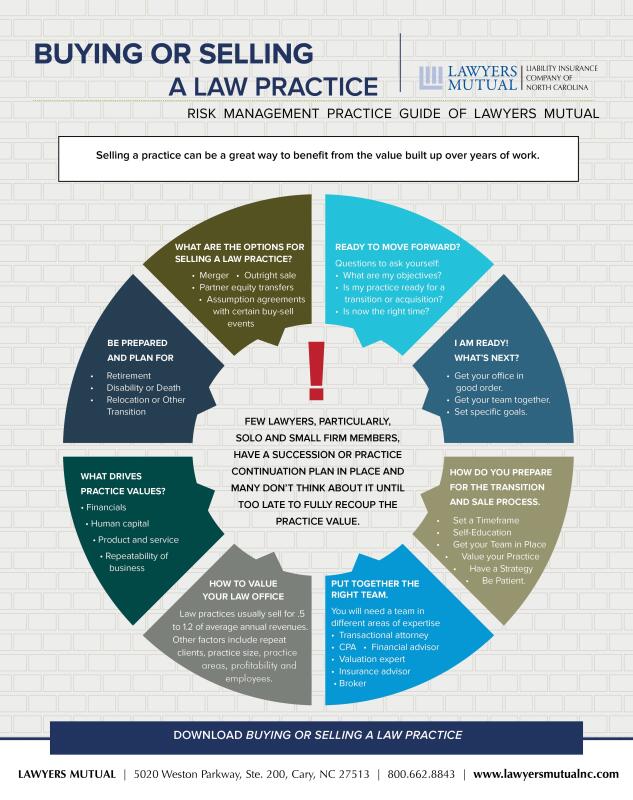You've probably listened to the misconception that if you're charged with a criminal offense, you should be guilty, or that remaining silent means you're hiding something. These prevalent ideas not only misshape public perception yet can likewise influence the end results of legal proceedings. It's vital to peel back the layers of mistaken belief to recognize the true nature of criminal defense and the rights it safeguards. Suppose you recognized that these misconceptions could be taking down the really structures of justice? Sign up with the conversation and discover exactly how unmasking these misconceptions is crucial for ensuring justness in our legal system.
Misconception: All Accuseds Are Guilty
Often, individuals wrongly think that if a person is charged with a criminal offense, they need to be guilty. You might presume that the lawful system is infallible, but that's far from the fact. Costs can originate from misconceptions, mistaken identifications, or insufficient evidence. It's important to keep in mind that in the eyes of the legislation, you're innocent until tested guilty.
This assumption of virtue is the bedrock of the criminal justice system. https://elliottajsaj.targetblogs.com/32385346/the-relevance-of-involving-a-legal-expert-in-criminal-regulation-for-your-lawful-matter makes sure that the burden of proof lies with the prosecution, not you. They must establish beyond an affordable uncertainty that you committed the criminal offense. This high standard secures people from wrongful convictions, making certain that nobody is punished based upon presumptions or weak proof.
In addition, being charged doesn't imply the end of the roadway for you. You can defend on your own in court. This is where a knowledgeable defense attorney enters into play. They can test the prosecution's instance, existing counter-evidence, and advocate on your behalf.
The complexity of legal procedures often requires professional navigation to secure your legal rights and attain a reasonable end result.
Misconception: Silence Equals Admission
Numerous think that if you pick to continue to be silent when implicated of a criminal offense, you're basically admitting guilt. Nevertheless, this could not be even more from the reality. Your right to stay quiet is protected under the Fifth Change to stay clear of self-incrimination. It's a legal protect, not a sign of regret.
When you're silent, you're in fact exercising a basic right. This prevents you from stating something that may inadvertently hurt your defense. Remember, in the warmth of the minute, it's simple to obtain overwhelmed or talk improperly. Police can interpret your words in means you really did not plan.
By remaining silent, you give your legal representative the best opportunity to protect you efficiently, without the issue of misinterpreted declarations.
Furthermore, it's the prosecution's job to prove you're guilty beyond a reasonable question. Your silence can't be used as evidence of guilt. In fact, jurors are instructed not to interpret silence as an admission of regret.
Myth: Public Protectors Are Inadequate
The false impression that public protectors are inadequate lingers, yet it's crucial to recognize their important function in the justice system. Numerous believe that since public defenders are typically overloaded with instances, they can't supply high quality protection. However, this overlooks the deepness of their commitment and know-how.
Public defenders are fully licensed lawyers who have actually chosen to focus on criminal legislation. They're as certified as private legal representatives and typically more skilled in test work because of the quantity of instances they manage. You could assume they're less motivated since they don't choose their clients, but actually, they're deeply devoted to the ideals of justice and equal rights.
It is essential to bear in mind that all legal representatives, whether public or private, face challenges and constraints. Public defenders often work with less sources and under more pressure. Yet, they regularly demonstrate resilience and imagination in their defense approaches.
Their role isn't simply a work; it's a mission to make certain that every person, no matter income, obtains a reasonable test.
Conclusion
You might assume if someone's charged, they need to be guilty, but that's not just how our system works. Selecting to stay silent doesn't mean you're admitting anything; it's simply clever protection. And do not underestimate public protectors; they're devoted experts committed to justice. Remember, learn this here now is entitled to a reasonable test and skilled representation-- these are basic rights. Let's shed these misconceptions and see the lawful system of what it truly is: an area where justice is looked for, not just punishment dispensed.
